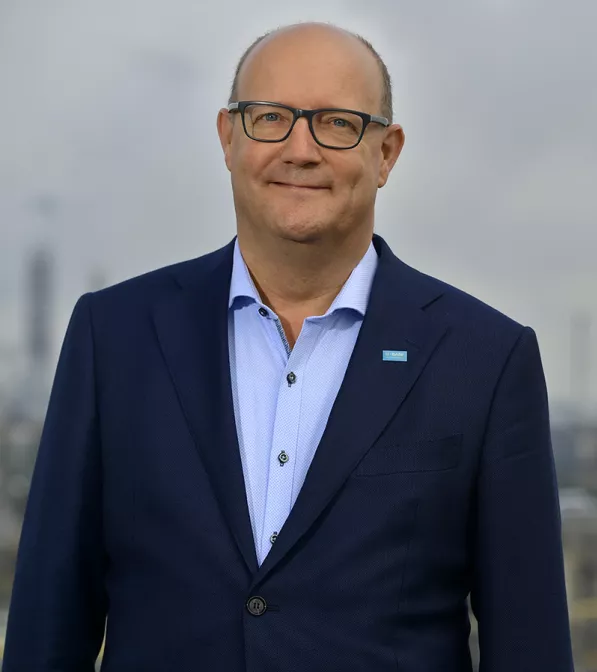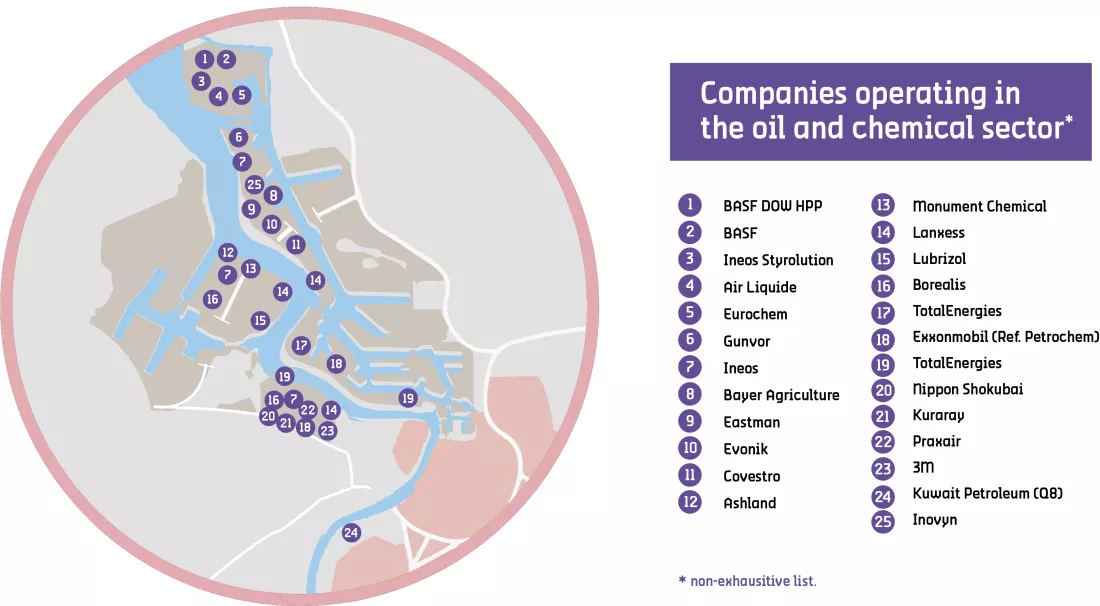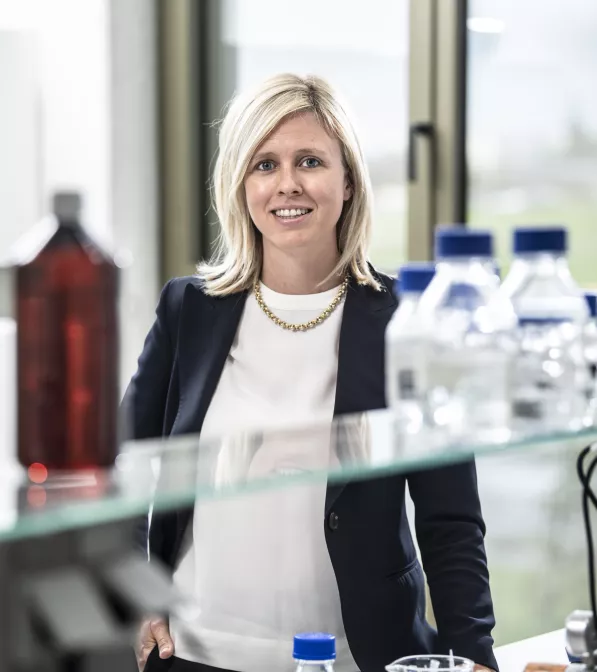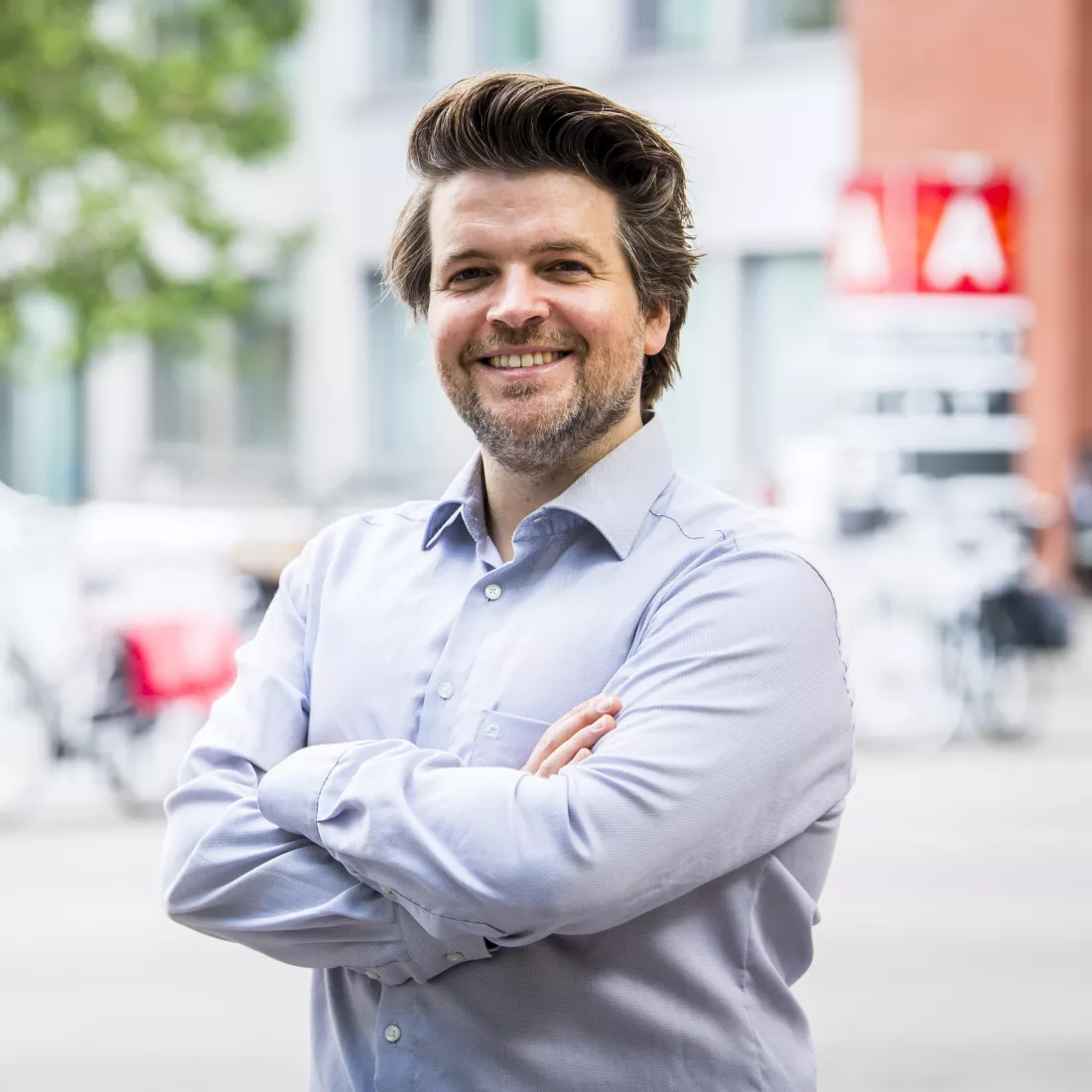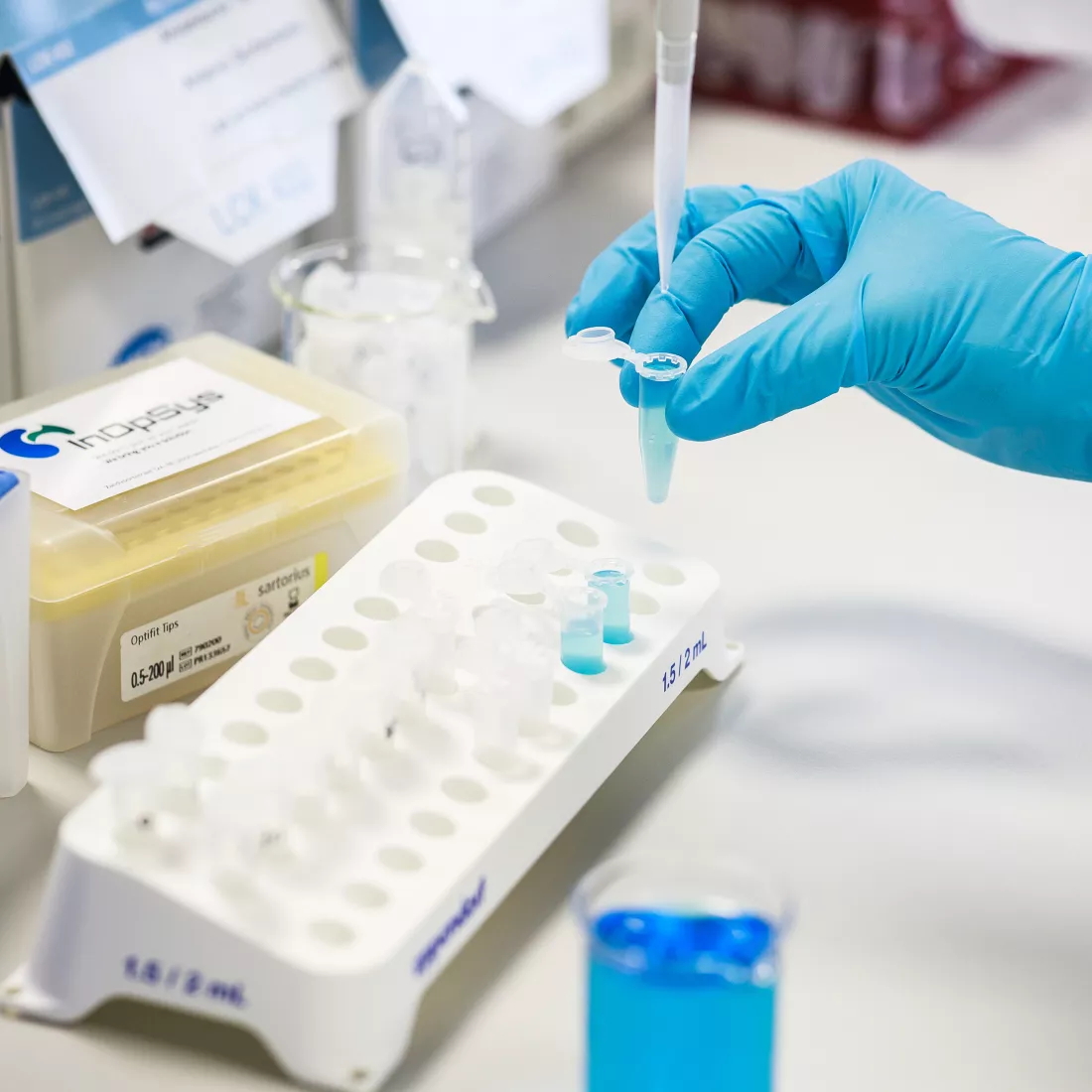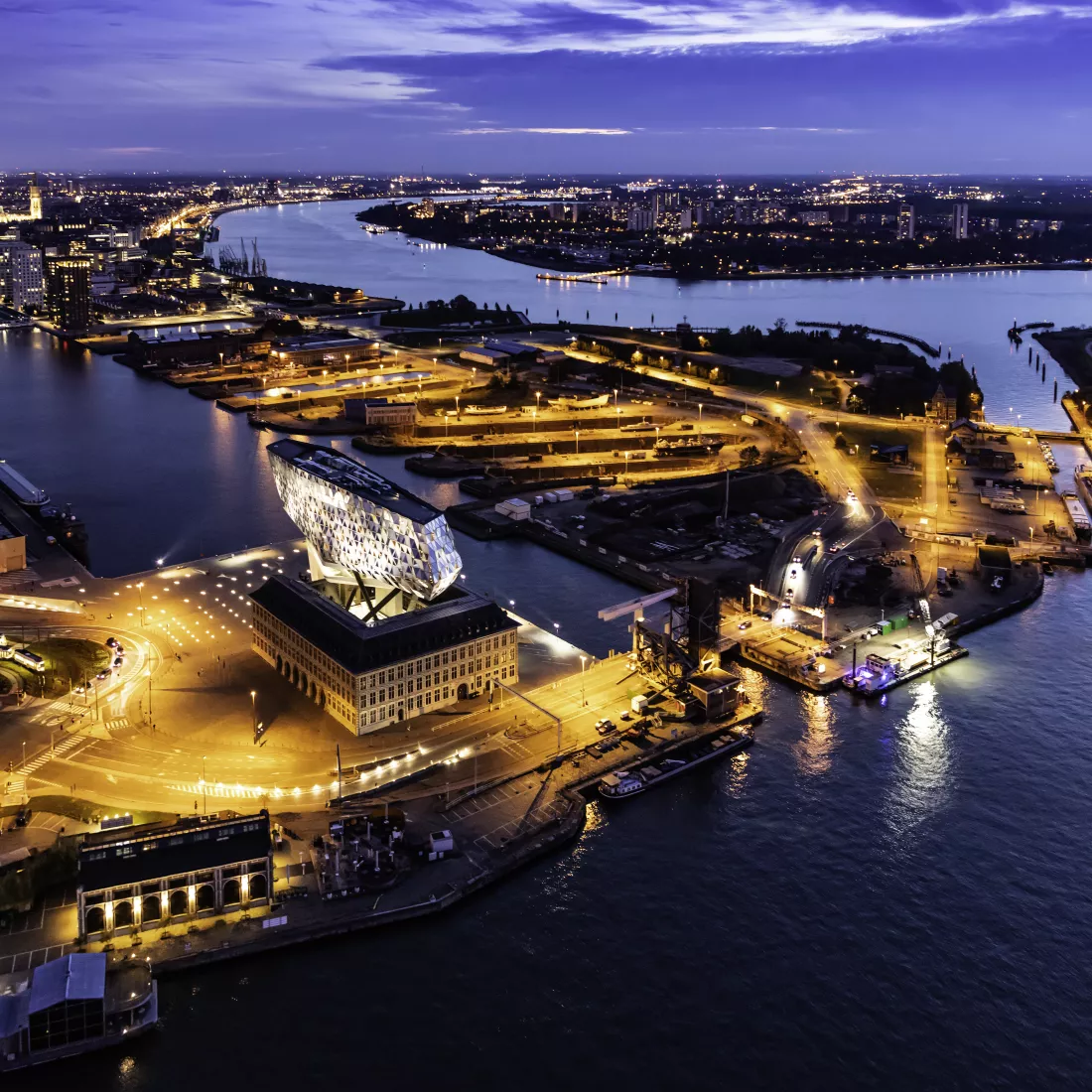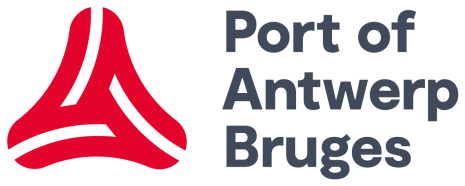
- Home
- Economic engine
- Europe’s largest integrated chemical cluster is a hub of innovation and sustainability
Europe’s largest integrated chemical cluster is a hub of innovation and sustainability
Unique and attractive location for chemicals
Since the Belgian chemist and industrialist Ernest Solvay established the Solvay Company in 1863, and its first chemical plant in the port of Antwerp, the company has played a crucial role in the region's industrialisation and became the foundation for the chemical industry in Antwerp. Nowadays, all major international chemical and refinery companies have their European headquarters in Antwerp and all the main West European centres of industry and consumption lie within a radius of 1000 km, making it a unique and attractive location for the industry.
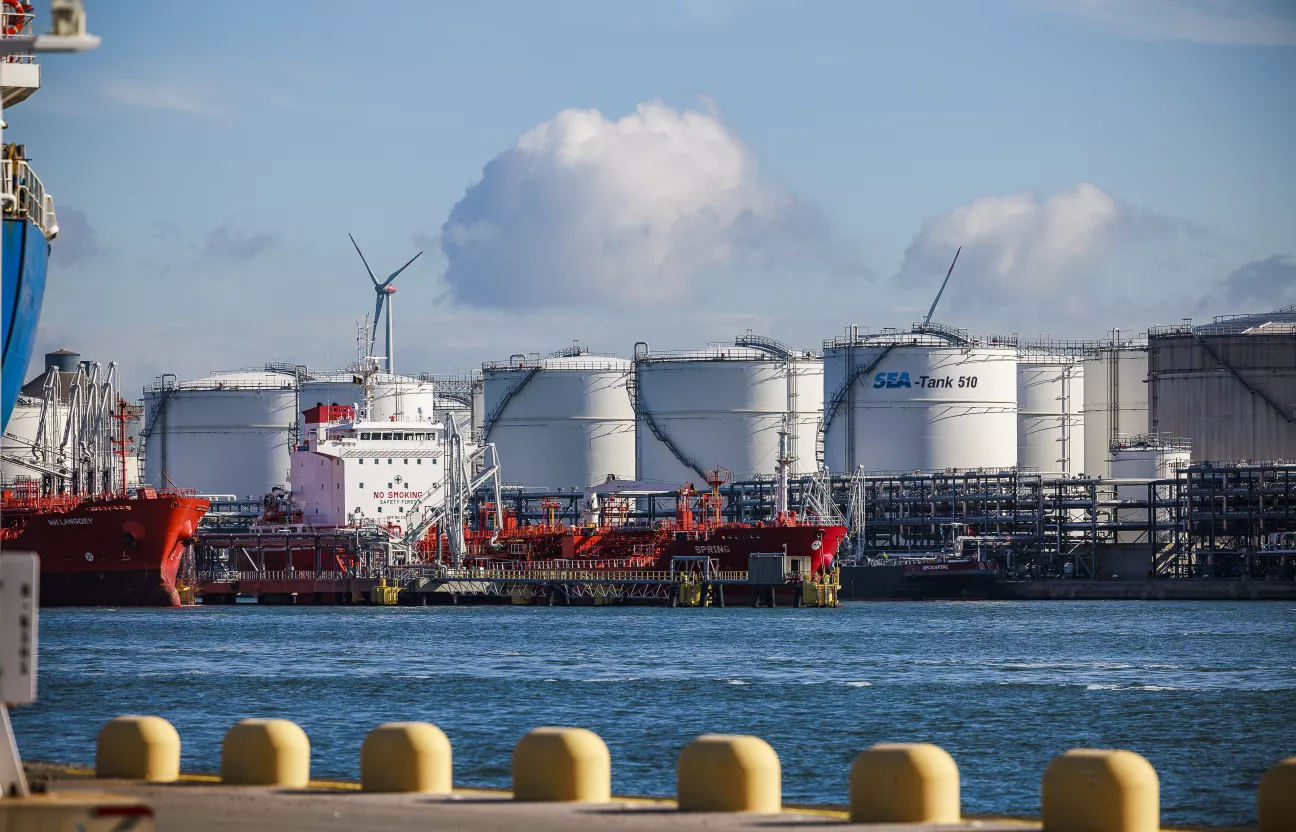
© Victoriano Moreno
Europe’s largest integrated chemical cluster
The high degree of integration and diversity throughout the value chain of the chemical actors based here is internationally unique. It brings some of the most cutting-edge logistics experts together for the safe storage, handling and distribution of oil, chemical products and gases. Top global players in the chemical production sector have either a logistics or production base in Antwerp, making it Europe’s largest integrated cluster.
Economic importance
The Antwerp chemical cluster is a major contributor to the Belgian and European economies. This ecosystem of refining, petrochemicals, speciality chemicals, logistics, and research companies generates substantial employment opportunities and attracts investments from local and international players, enhancing the region's economic vitality.
Collaboration and cost-efficient production
With over 300 different chemicals and 500 chemical companies, Antwerp has the most diverse portfolio in the world. Here, the most cutting-edge logistics experts store, handle and distribute oil, chemical products and gases. The sector’s clustered configuration allows for integration of activities with other companies and suppliers. This close collaboration ensures extremely cost-efficient production.
Connectivity of the Port of Antwerp-Bruges
One of the reasons for the Port of Antwerp-Bruges’ success is its connectivity with overseas destinations and the European hinterland. Antwerp’s chemical cluster is close to the main European production and consumption centres. With direct services to 1,300 ports in North America, South America, and West Africa, the Port of Antwerp-Bruges is the perfect chemical hub. It is also the ideal location for the European market. An extensive pipeline network facilitates product interchange with over 1,000 kilometres of pipelines. The port is one of the most important pipeline hubs in Western Europe.
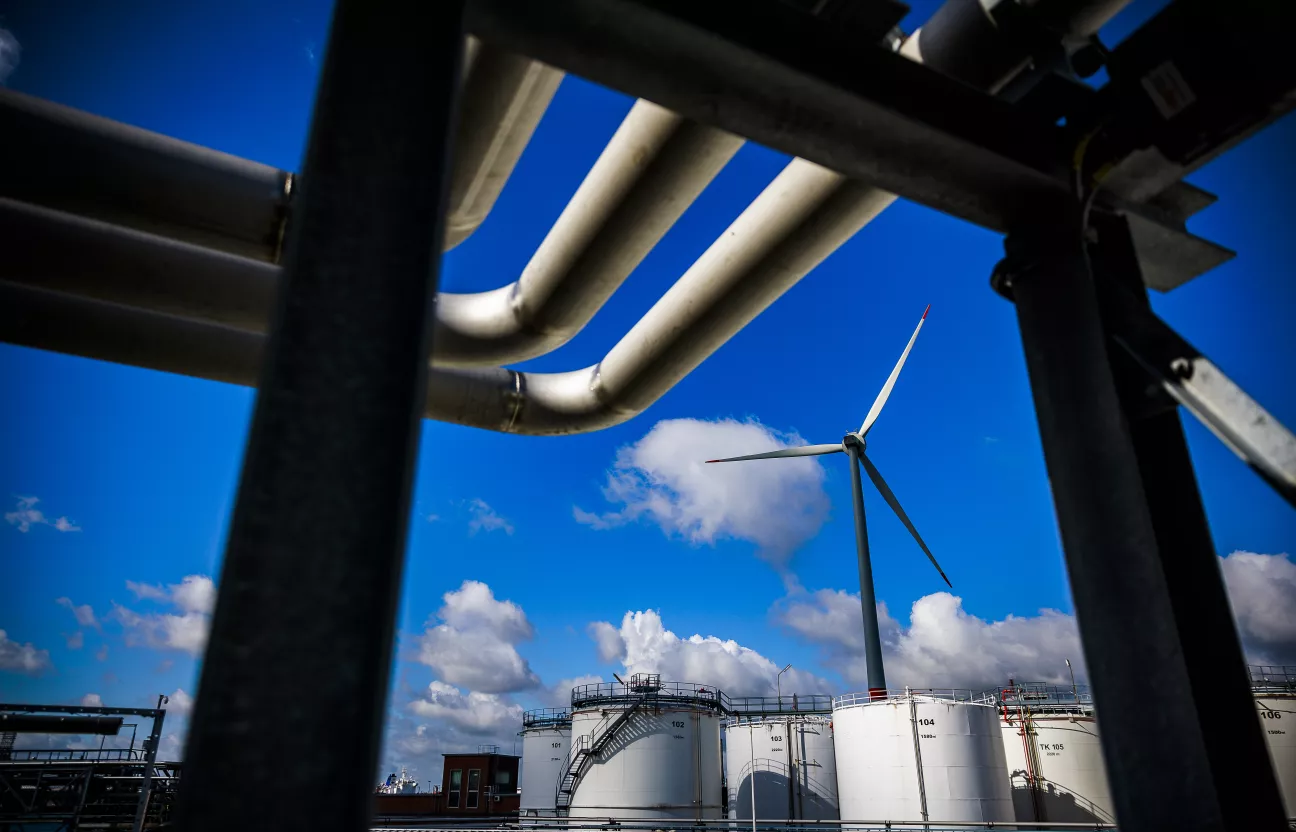
© Victoriano Moreno
Sustainable development
The pipeline network offers the industry a safe, reliable, and environmentally-friendly means of transport to supply and distribute liquid products. The chemical cluster in the Port of Antwerp-Bruges has been actively working towards sustainable development. Many companies within the cluster have implemented measures to reduce their environmental impact, such as investing in cleaner production technologies, improving energy efficiency, and promoting circular economy practices. Pipelines are ideal for transporting hydrogen and CO2. They are also essential for the construction of heat networks. Examples include the ECLUSE steam network, which will supply energy to surrounding port companies using heat from six incinerators.
Innovation
Innovation is a driving force of the Antwerp chemical cluster. The presence of research institutions, universities, and innovation hubs in the vicinity fosters collaboration between academia and industry. Are you ready to make an impact on (sustainable) chemistry? As a start-up, scale-up or larger company, you can easily plug into the vast existing network of companies in the chemical cluster. The future of sustainable chemistry is happening in Antwerp’s thriving ecosystem:
- At the pre-incubator BlueApp, you will find everything you need to develop, upscale and demonstrate your promising sustainable chemistry innovation or technology.
- Incubator BlueChem can help you to develop sustainable innovations for the chemistry of the future by connecting you with industry, academia and government.
- NextGen District is an industrial port site focusing on sustainable innovation, recycling, and waste recovery.
Recent international investments in Antwerp’s chemical cluster
- Borealis: €1 billion in a world-scale propane dehydrogenation plant
- Total: >€1 billion in optimising its refinery and petrochemical complex
- ExxonMobil: <€1 billion in a delayed coker unit
- SEA-invest: €400 million in a tank storage terminal
- Nippon Shokubai Group: €315 million in new superabsorbent polymers and acrylic acid plants
- BASF: >€550 million in an alkoxylate and ethylene oxide capacity expansion
- Oiltanking: Europe’s largest butane tank
- Covestro: €300 million in aniline production facility
- Lanxess: €25 million in an expansion plant
- Air Liquide: €80 million in a new hydrogen plant
Are you looking for funding? The Innovation Fund invests in innovative start-ups and companies active in the field of chemistry and life sciences. This fund was created in 2015 with the support of major industrial companies.
